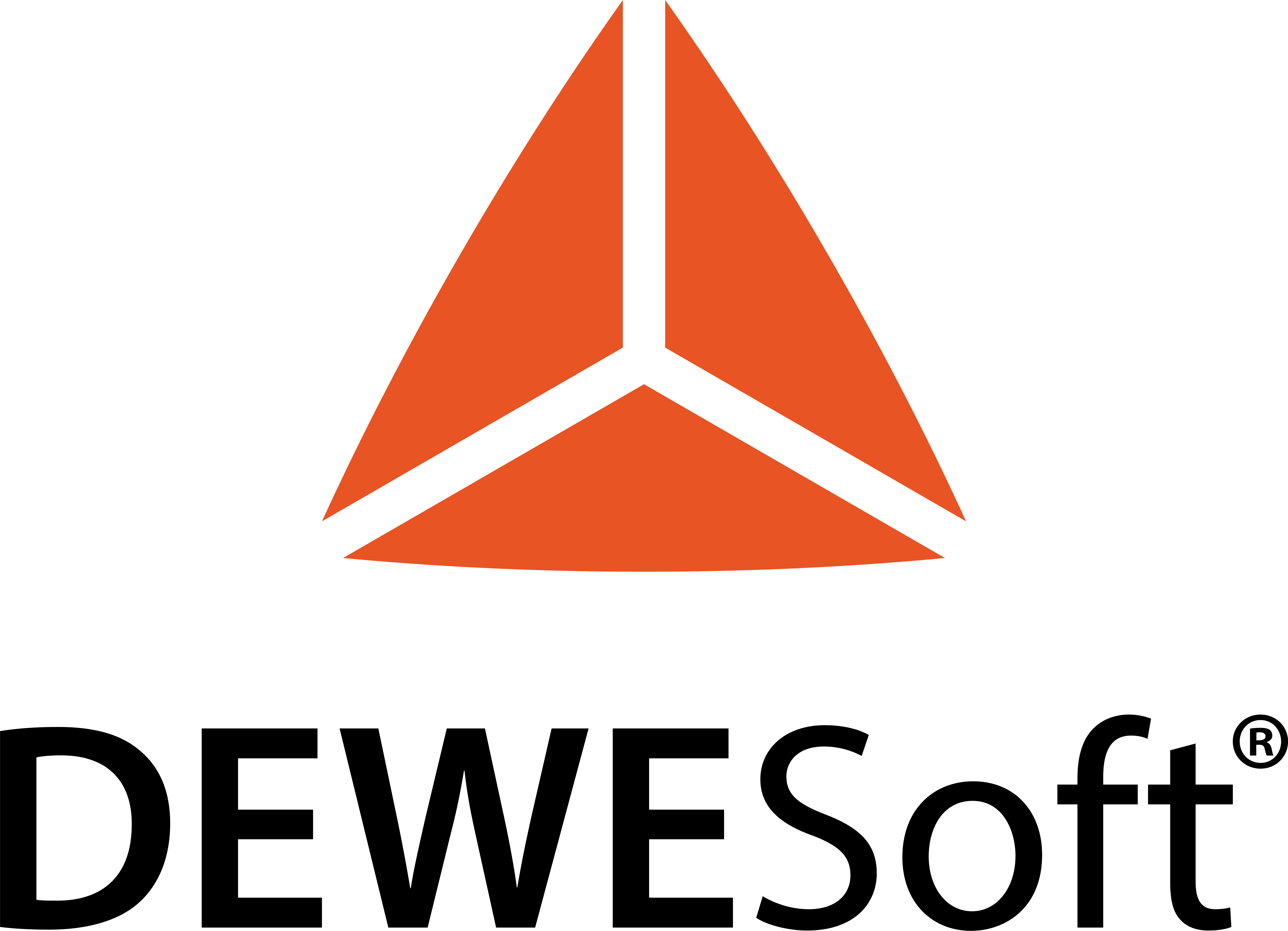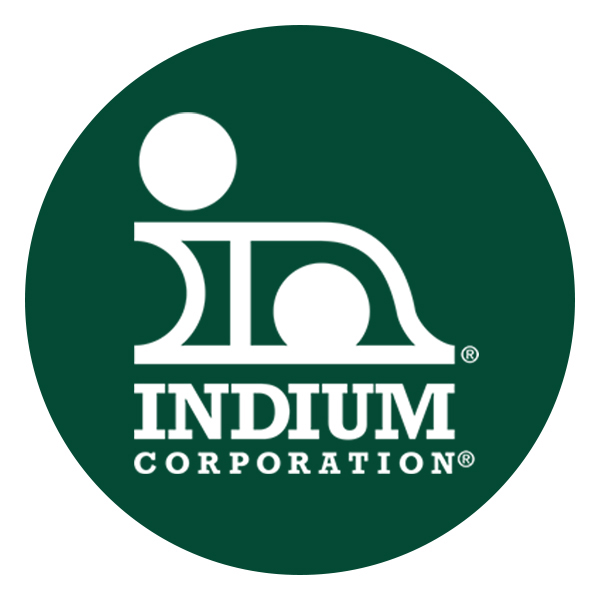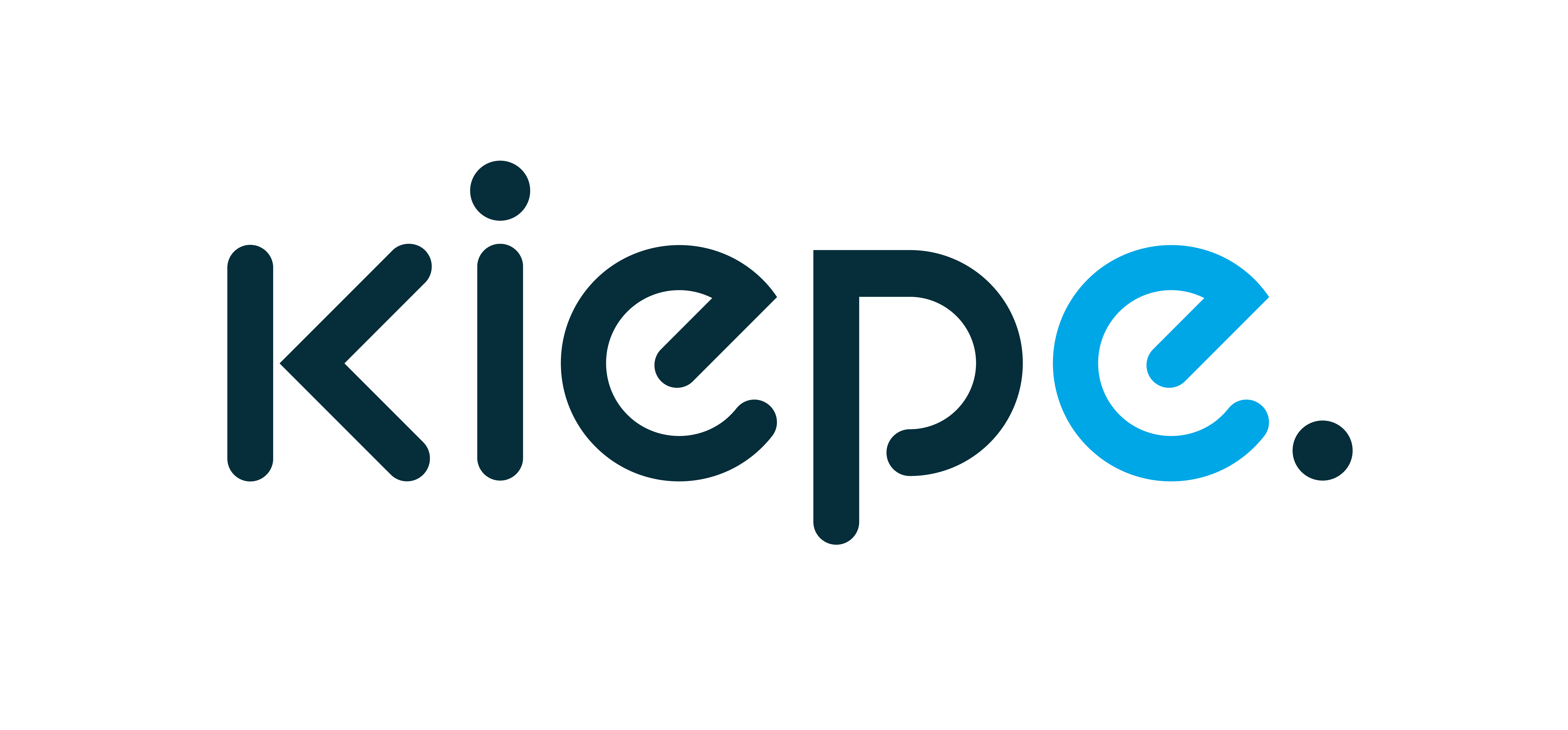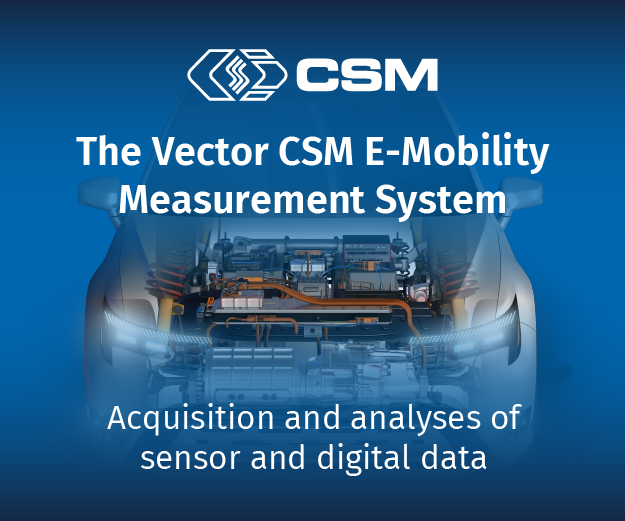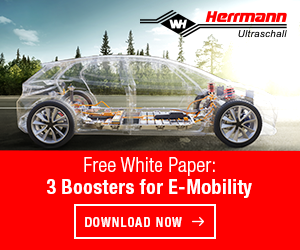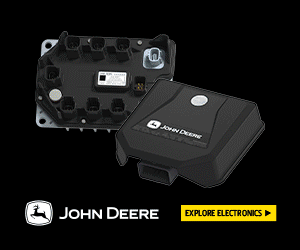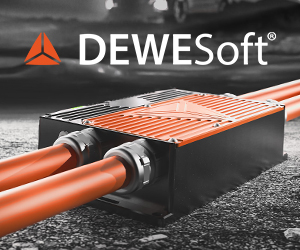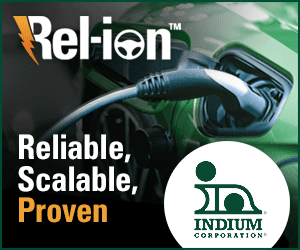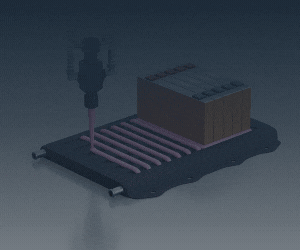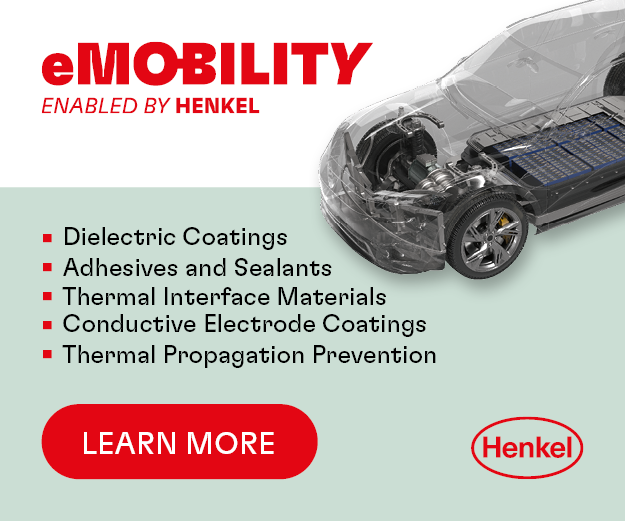JLR powers up zero emissions charging on the go
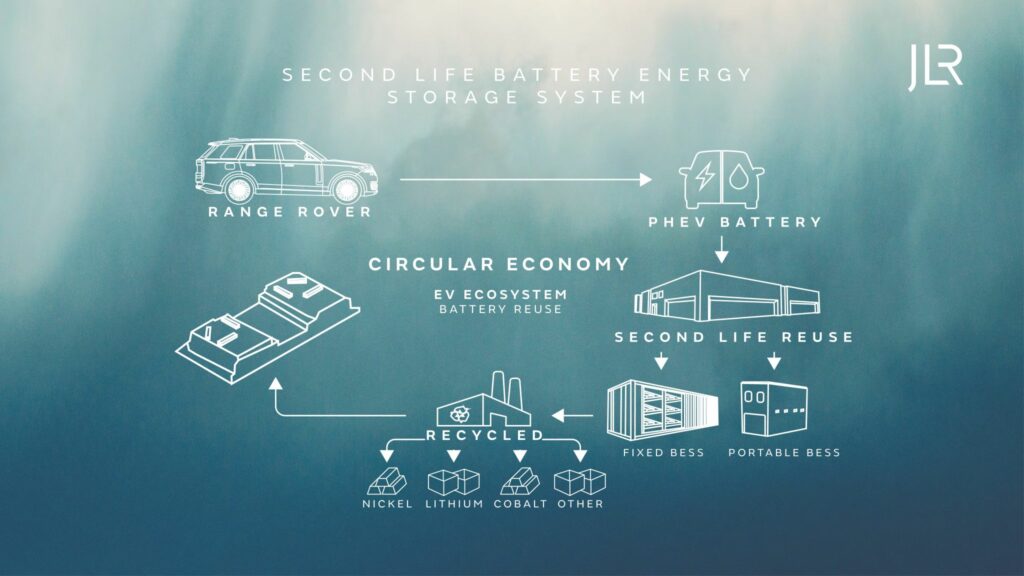
JLR has partnered energy storage start-up Allye Energy to create the Battery Energy Storage System (BESS) to provide zero emissions power on the go.
A single Allye MAX BESS holds seven second-life Range Rover and Range Rover Sport PHEV battery packs, which can be removed easily from a vehicle and slotted into customised racks without requiring additional processing.
Each BESS can store 270 kW/h of energy at full capacity, enough to power the average UK household for nearly a month, says JLR.
The BESS can charge up to nine Range Rover PHEVs at any one time. Users just plug it into any CCS-capable vehicle charger using the same input as JLR’s existing PHEV and BEV product portfolio. Multi-input connectivity via power-lock connections enables it to be linked to renewable power at fixed or off-grid sites.
The MAX BESS can be used to replace diesel generators, historically relied on by the automotive industry, to power off-grid vehicle launches, events and tests in remote areas. JLR’s engineering team are the first to use the new BESS, providing zero emissions power during testing of the new Range Rover Electric, due to launch later this year.
The average Diesel generator typically uses 16 L of fuel per hour, equivalent to a daily total of 129.12 kg of CO2 for three hours’ usage, says JLR. It says its engineering team uses the BESS to power more than 1000 hours of testing, saving at least 15,494 kg of CO2 over the course of a year, equivalent to one passenger taking seven round-trip flights from London to New York.
The BESS weighs less than 3.5 t, allowing it to be fully portable or stationary, to provide energy storage for retailers or JLR sites. This will help JLR’s network of over 3000 retailers to leverage renewable energy such as solar and act as energy buffers to support fast charging where the local grid connection may be restricted. The unit will be commercially available for use outside of JLR.
As part of its Reimagine strategy, JLR is investing £15 bn into electrification by building a comprehensive EV ecosystem. This includes considering the full lifecycle of EV batteries.
Battery value chains are predicted to grow by 30% annually from 2022-30, to reach a value of more than $400 billion. Second-life battery supply for stationary applications is predicted to exceed 200 gW/h per year by 2030, creating a global value of more than $30 billion, says JLR.
“Our Reimagine strategy is all about shifting our mindset to consider circular over linear business models. This battery innovation and partnership with Allye demonstrates the value we can create from repurposing and reusing batteries, such as from our Range Rover vehicles. We are creating new value from a used commodity that would otherwise go directly to recycling, keeping them in use for longer, and providing innovative renewable energy storage solutions,” says François Dossa, executive director of strategy and sustainability at JLR.
ONLINE PARTNERS



